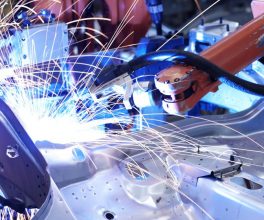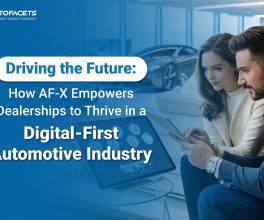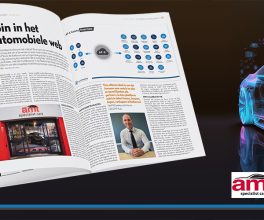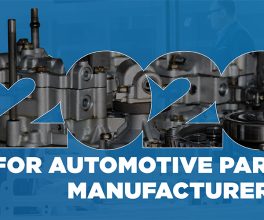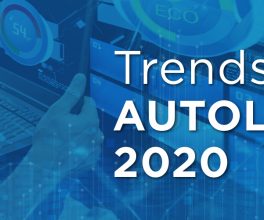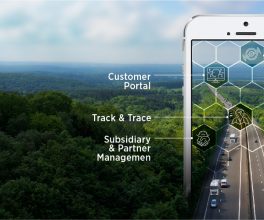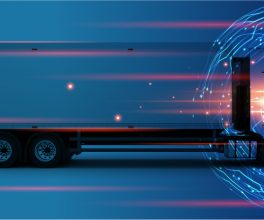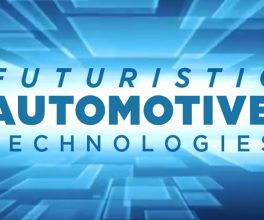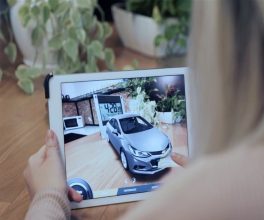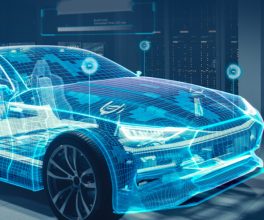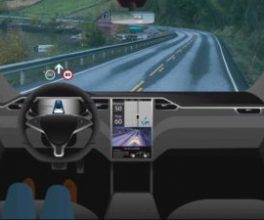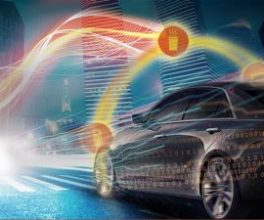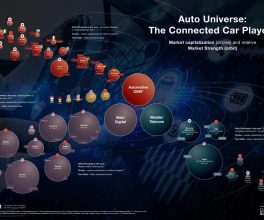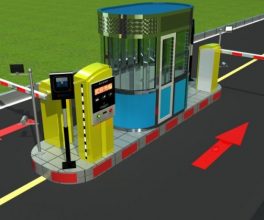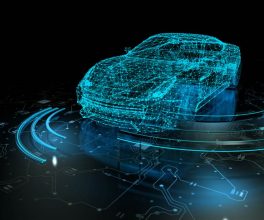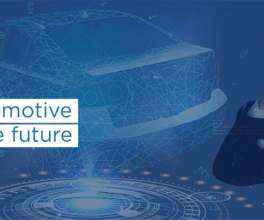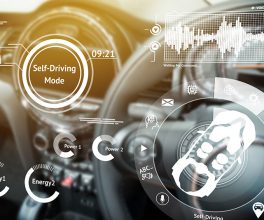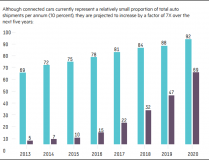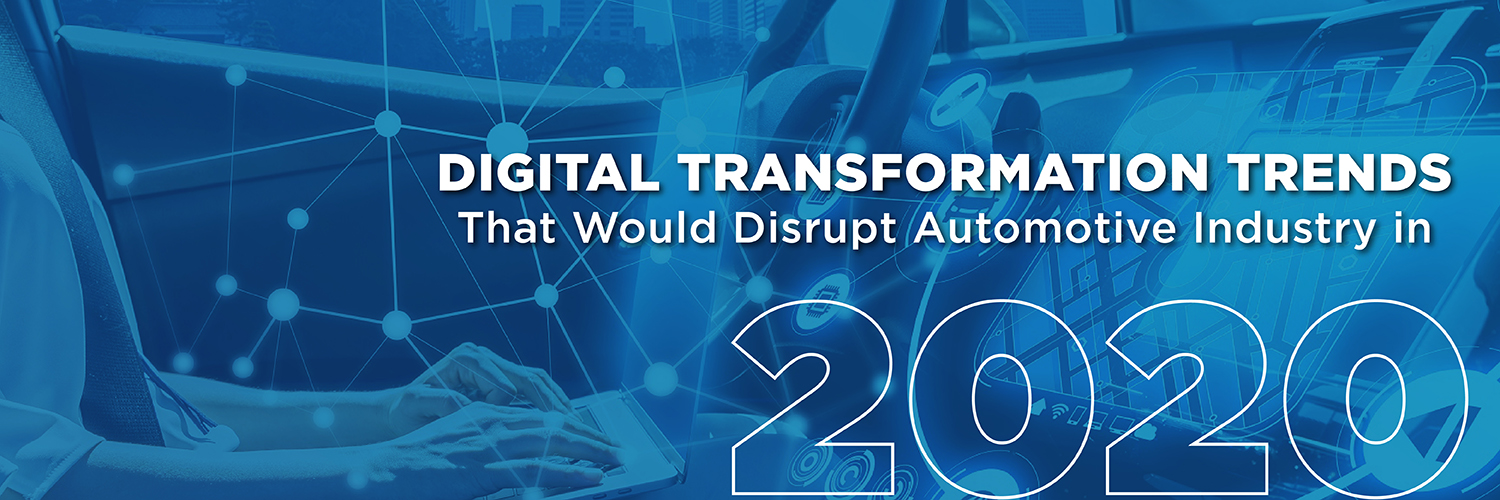It may take a while to comprehend that automotive is the second most data-driven industry in the world, but this stat says a lot about the transformation the automobile industry is undergoing. The growing inclusion of IoT and mobile technology in vehicles enables manufacturers and third-party service providers to collect a huge amount of data related to drivers, their destinations, the routes they travel through, traffic model, and much more. Here are the top digital transformation trends that would make the most impact on the automotive industry in 2020.
Mobility to get connected
In this contemporary era, customers aspire for a seamless connected experience. The dynamics of connectivity have changed in 2020. They have ventured far away from just a Wi-Fi connection at your home or office to their vehicles. The in-car experience is changing since passengers are now connected to their apps, music and entertainment on the go. Most OEMs have rolled out Wi-Fi connectivity in cars as an option or in the higher trim levels, but 2020 is expected to see it becoming a mainstream feature in cars.
Self-driving technology becoming mainstream
Level 4 autonomy is considered to be the pinnacle of autonomous vehicles’ technology and though organisations like Tesla, Waymo, Uber and more portray a promising future, the feasible version of this tech is expected to see the light in 2020 when it becomes more accessible and affordable for an average car buyer when it would be offered in mass-produced high volume passenger vehicles.
Enhanced in-car experience
Not a very long time ago, the voice assistant in our cars took its own sweet time to respond even to the simplest of the commands and today, gesture-controlled assistants have rendered voice commands useless. In-car infotainment has evolved by leaps and bounds in a very short span of time. Systems like Apple CarPlay and Android Auto have simplified the car driving process and made it safer too by enabling the drivers to focus better on the road.
Shorter model cycles
The rate at which automotive technology is developing is forcing the OEMs to roll out updates and facelifts at a much faster pace. In today’s scenario, the average lifecycle of a vehicle largely depends on the shelf life of the technology it is based on. Once that tech is outdated, manufactures immediately put an upgrade on offer. This translates that the average model cycle which lasted for 5 to 8 years has been reduced to 1 to 2 years now.
This trends also bring along a whole new shift in the functioning of the automotive industry. A host of changes are expected in the near future which involves car makers selling more cars than before, newer methods of vehicle financing and the most important of them all, car leasing and subscription services as a mainstream way to own a vehicle.
Transformed Car-Buying Experience
Most of us find the car buying process pretty stressful. The long journey from choosing the right specification of the right model to getting it financed is becoming more and more cumbersome since almost every automotive market is flooded with models.
Luckily enough, newer technologies are changing the game when it comes to buying a car now. Innovations like Toyota’s augmented reality system doesn’t need any app and enables the users to know about certain car models without even setting foot in a showroom. Similarly, Audi’s offers VR experience that lets users configure their car’s model. It is because of this technology that the German carmaker experienced an increase in car sales of 60-70% in their pilot showroom.
Moreover, virtual showrooms save dealers money as they reduce the infrastructural requirement of a dealership to a bare minimum.
AutoFacets is a pioneer when it comes to offering world-class services for the entire automotive industry. Right from the manufacturing services to aftermarket experience, we cover it all. Contact us for any query or a future business collaboration in the whole automotive ecosystem.

